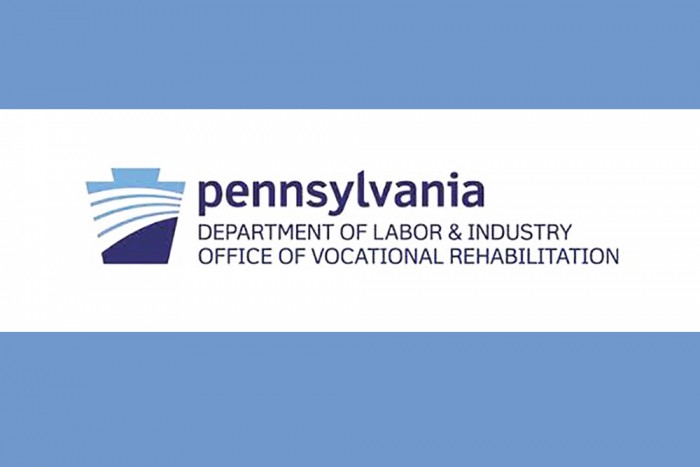Celebrate Your DSPs With the 2023 DSP Awards!
ODP Division of Quality Management Shares Fifth QM Spotlight
The Office of Developmental Programs (ODP) shared a flyer regarding ODP’s Division of Quality Management’s QM Spotlight, the fifth in a series of quarterly publications that introduces ODP’s new QM template — developed in Excel — that is intended to assist entities with data collection, monitoring, and analysis. Administrative Entities (AEs), Supports Coordination Organizations (SCOs), Providers, Quality Assessment and Improvement (QA&I) reviewers, and anyone responsible for information/data management should reference this information.
Reminder: RCPA Continues BH/PH Webinar Series With “Navigating Change” on July 24
RCPA Responds to ODP Selective Contracting Proposal
DDAP Announces New Available Trainings
The Pennsylvania Department of Drug and Alcohol Programs (DDAP) is organizing various training sessions throughout the state. View the schedule for information about the dates, locations, and available courses in your region. Trainings will start on August 8, 2023 and include Case Management Skills, Ethics in Prevention, Screening and Assessment, and more. To attend these courses, you need to register through DDAP’s Training Management System. Each course requires separate registration, and seats are assigned on a first-come, first-served basis. If you have any inquiries, contact DDAP’s Training Section via email.
Recording and Materials From Training Webinar “Transition Planning For Youth” Now Available
RCPA Golf Outing Scheduled for October 9
OVR Re-Issues SWTCIE InVEST Project’s Request for Proposals
The Request for Proposals (RFP) for a statewide contract with the Office of Vocational Rehabilitation for its PA SWTCIE Grant InVEST Project has been re-issued. Interested parties should access information regarding this opportunity here.
The InVEST Project is seeking to increase competitive integrated employment outcomes for individuals who are engaged, or are considering engagement, in subminimum wage employment. The project is funded through the Disability Innovation Fund (DIF) — Subminimum Wage to Competitive Integrated Employment Grant, a federal model demonstration grant from the Rehabilitation Services Administration (PR Award # H421D220003).
Please note that the deadline for proposal submission has been extended to Wednesday, August 23, 2023.
FAQ on Life Sharing Services for Individuals With a Medically Complex Condition Available
The Office of Developmental Programs (ODP) has shared ODPANN 23-061: Now Available Life Sharing Service for Individuals with a Medically Complex Condition (MCC) and Frequently Asked Questions (FAQ). Please review the announcement and FAQ for additional information.


















